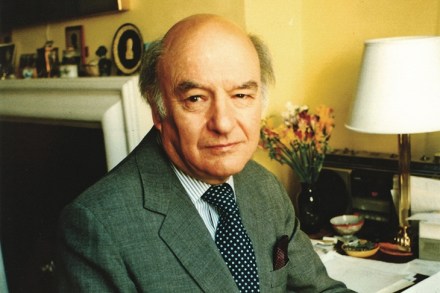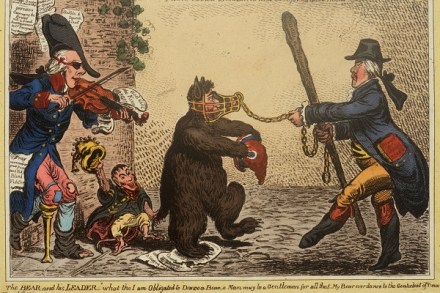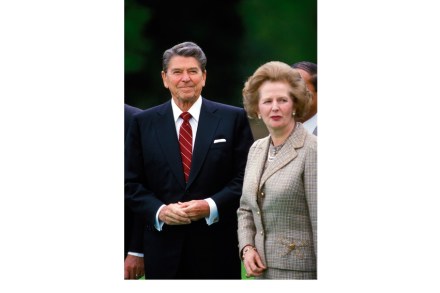No Rose without a thorn
Kenneth Rose was gossip columnist by appointment to the aristocracy and gentry. He was, of course, a snob — nobody could write a social column in the Sunday Telegraph for more than 50 years without some snobbish instincts — but he was an intelligent one, singularly well-informed, and capable from time to time of administering













